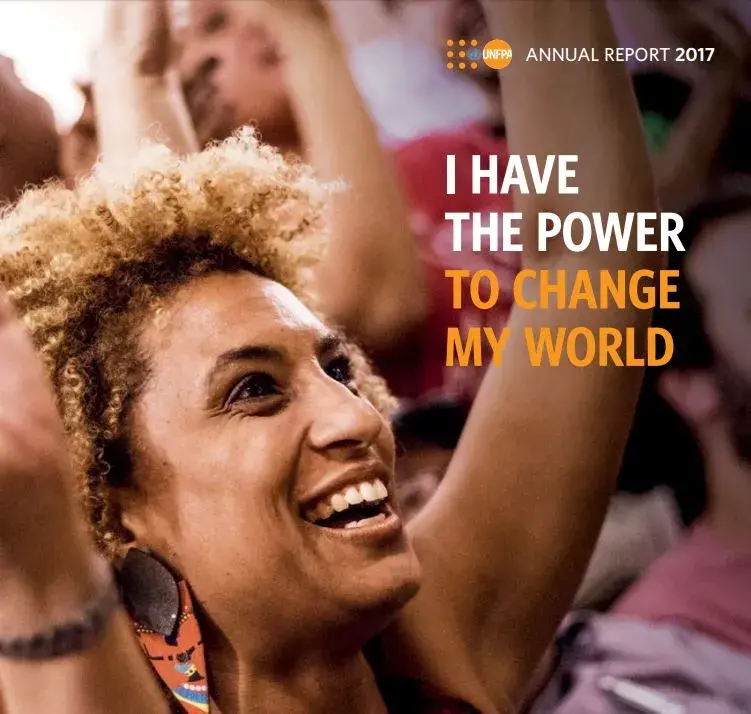KHARTOUM, Sudan -- Never let it be said that crisis doesn’t spark innovation.
As billions went into lockdown and economies shrank amid the COVID-19 pandemic, the United Nations Population Fund created a gender-based violence hotline in Sudan to help women and girls.
“Sometimes crisis is an opportunity where you can introduce new things,” said Sulaima Elkhalifa, the General Director of the combating violence against women unit at Sudan’s Ministry of Social Development. “The idea for the hotline comes from the restricted movement from COVID-19. Most of the violence happens inside homes.”
Funded by UNFPA and the Swedish government, the hotline has a dedicated number for seven states in Sudan with the intention to expand to every state in the country. The service is free to use and is expected to continue after the COVID-19 pandemic is over. The hotline is staffed by trained social workers and provides psychological counseling, social support and legal advice.
“Even though COVID-19 has stopped us from traveling, we expect GBV cases to increase across the world because more people are staying at home. We need to innovate to protect women and girls,” said Massimo Diana, the UNFPA representative in Sudan.
In Sudan, research has not been done to track specifically how the lockdown impacts GBV cases. While the helpline is receiving more calls each day about domestic violence cases that might just mean that more people are aware of the service, Elkhalifa said.
But across the world there is evidence that COVID-19 is proliferating gender-based violence. Extended quarantines and other physical distancing measures slash budgets and exacerbate family tension within a tight living space.
Elkhalifa said that tackling the stigma of GBV is one way to lower incidents.
“Survivors suffer in silence for many years and it changes how they pursue the future.” Elkhalifa said. “We have to change the language — they are survivors. We need to celebrate their heroism and the people who support them.”
Migrants are at a particular risk to GBV because they often are not aware of support services and afraid to go to the police or health centers for help. UNFPA uses other strategies when trying to mitigate violence against women.
“Working closely with the community and raising awareness about GBV is key to defeating violence against women,” said Abeer Abdulsalam, head of the gender based violence unit at UNFPA. “We identify key community figures who are very respected and train them with GBV methods.”
Elkhalifa also said that law enforcement needs specific training to GBV cases. Often the police do not get involved in GBV cases because they think it is a family dispute, Elkhalifa said.
But there are signs that the culture around GBV in Sudan is changing. The country’s 2019 revolution was led by young people and women. “The revolution made people more outspoken — especially women and girls,” Elkhalifa said. They talk much more about violence from their fathers and uncles.”




